RESOURCES
Be part of the reuse solutions!
Learn more about the different facets of reuse systems through this collection of reports, videos, podcasts, and more!
You can also find tried and tested tools and materials from BFFP members that you can directly use for your own reuse or refill work.
POLICY BRIEF:
Accelerating the Scaling of Reuse Systems in the Global Plastics Treaty
The Global Plastics Policy Centre team of the University of Portsmouth, in collaboration with #Break Free From Plastic unpacks the key considerations for designing reuse systems, and the critical enablers needed to ensure effective reuse policies.
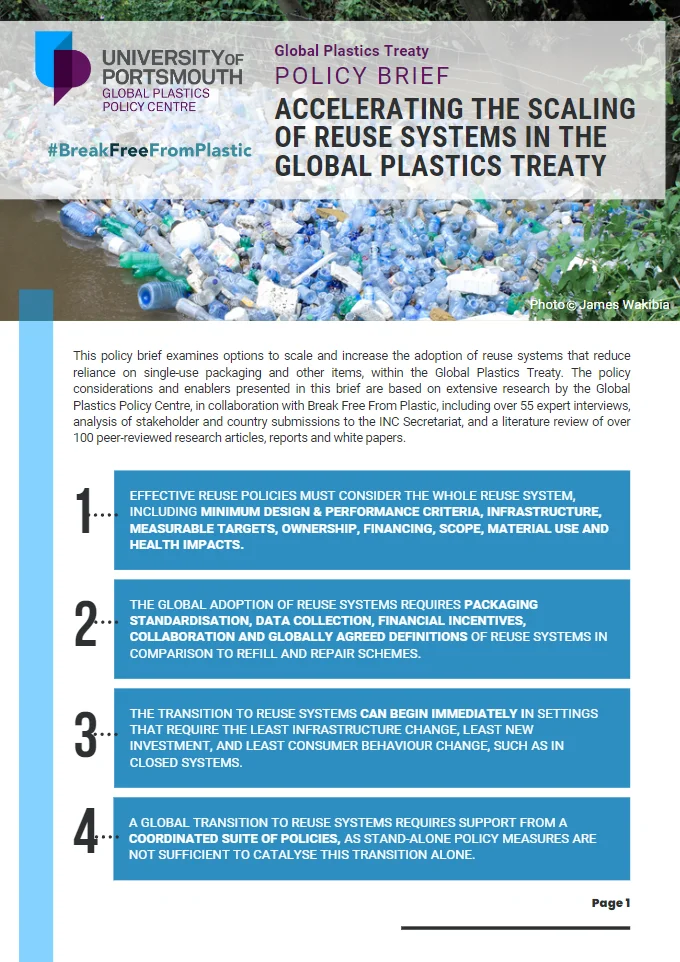
Making Reuse a Reality:
A systems approach to tackling single-use plastic pollution
Researchers are urging that reuse systems are prioritised as a key solution to reduce the severity of the plastic pollution crisis.
Reuse can be defined as a comprehensive system with multiple rotations of reusable packaging that remains within the ownership of the system and is loaned to the consumer.
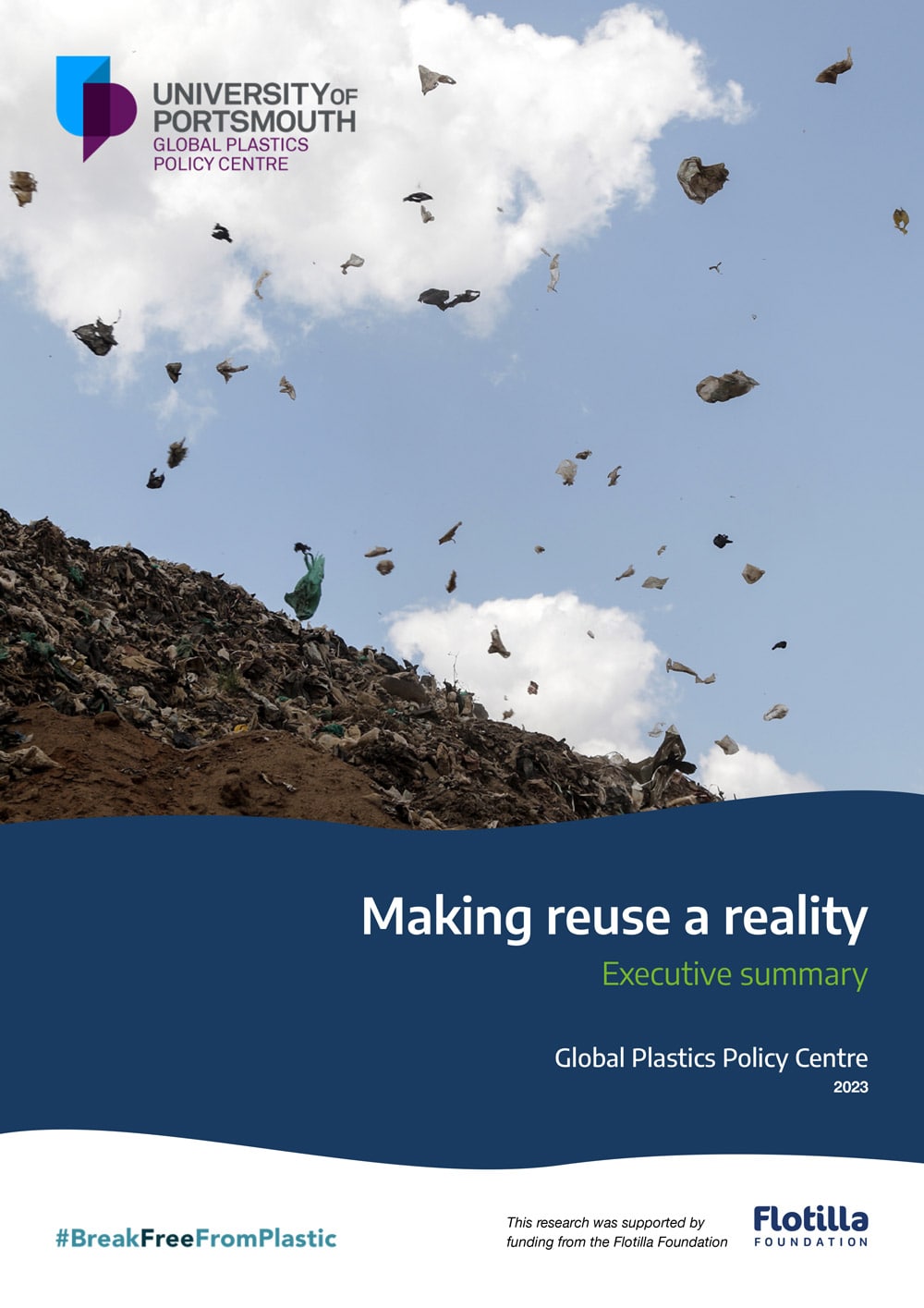
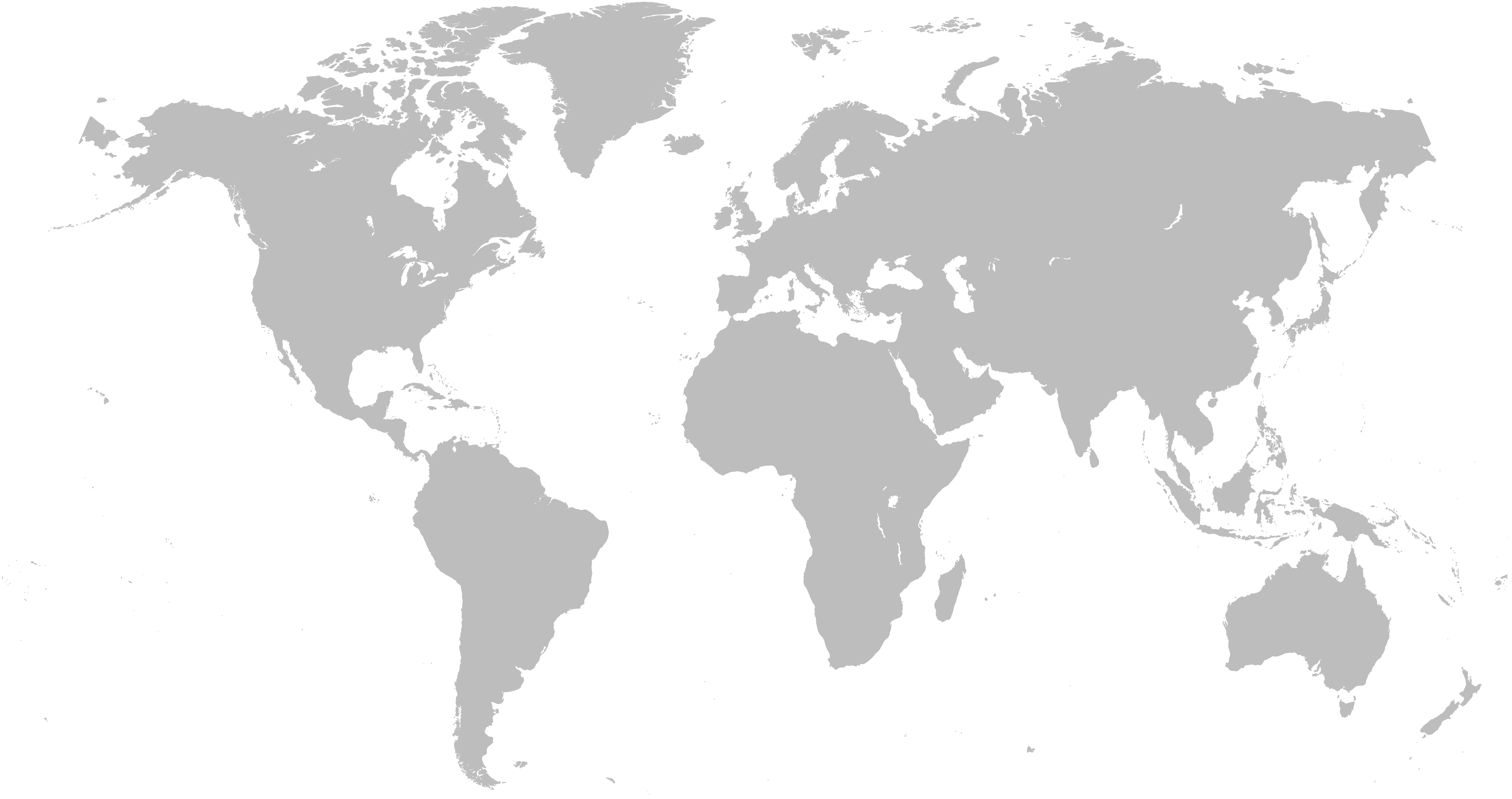
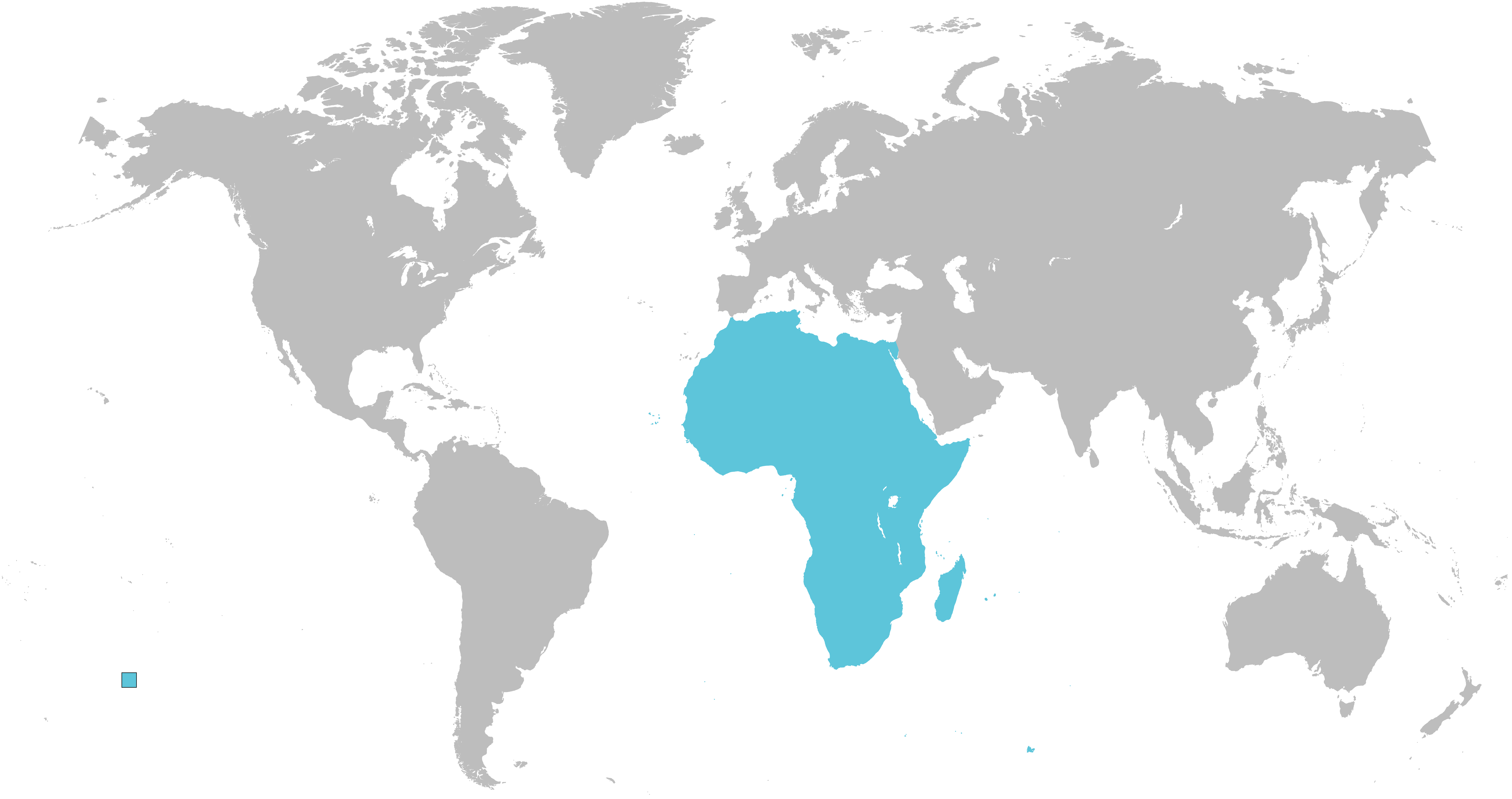
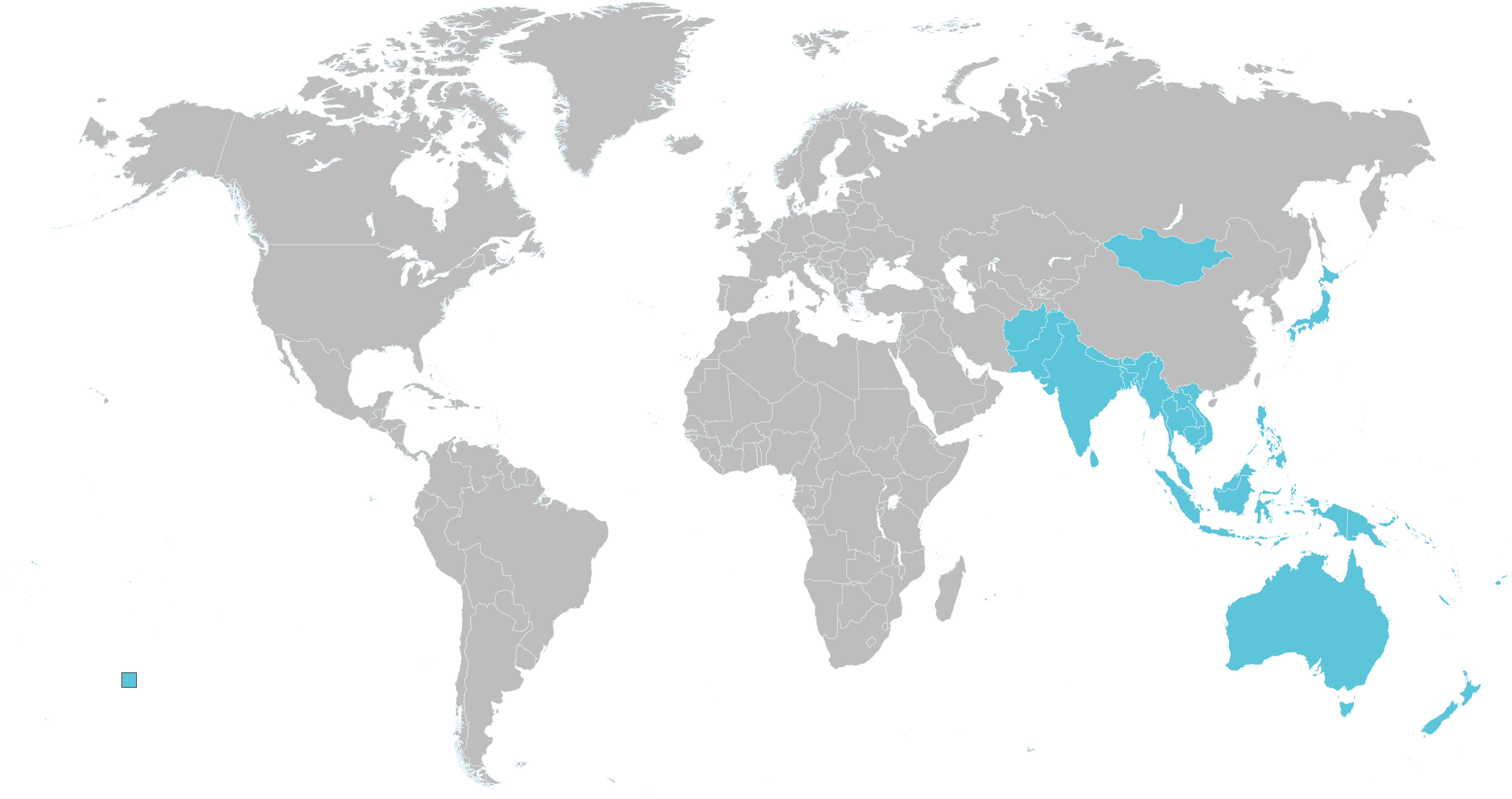
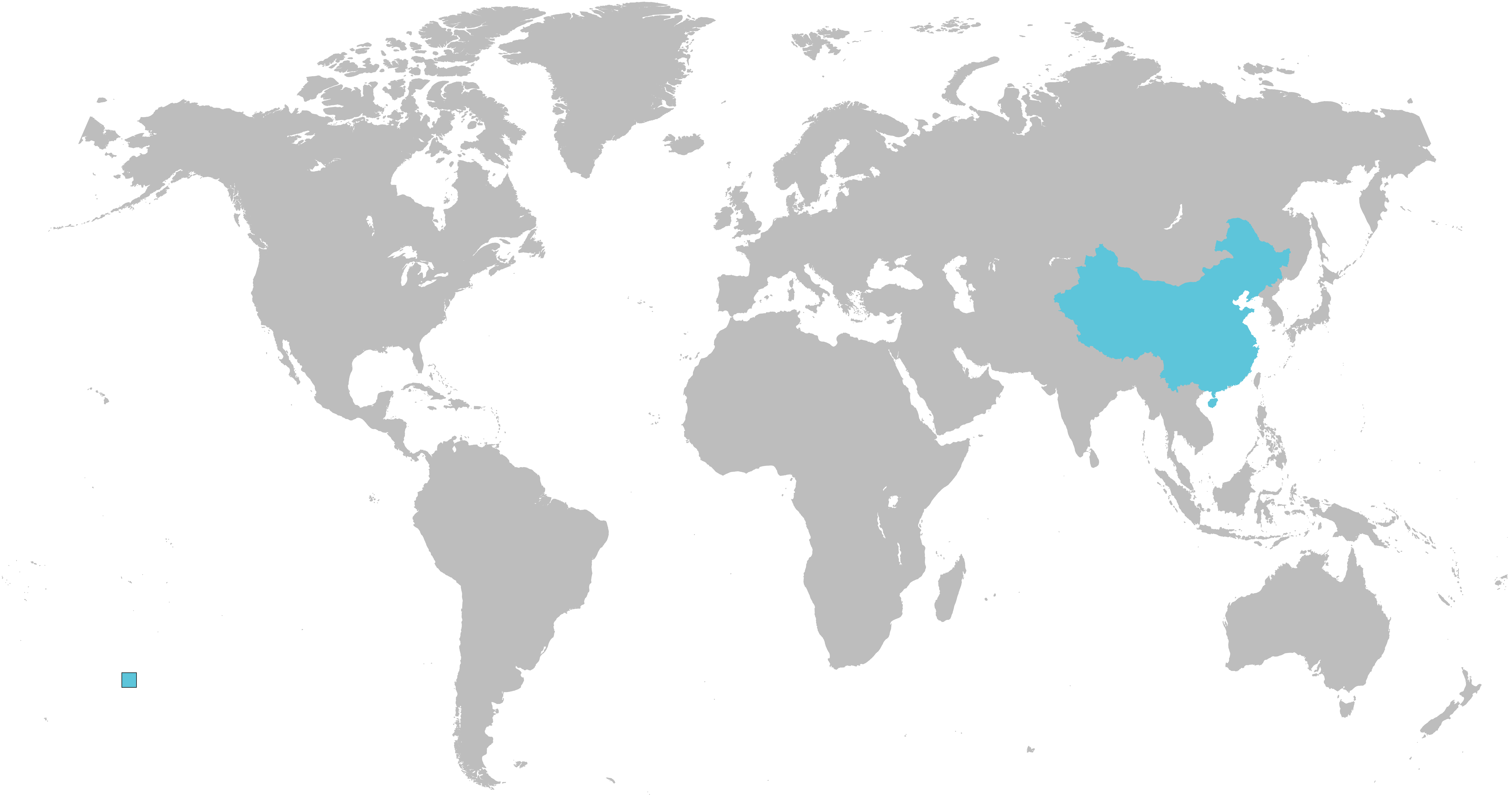
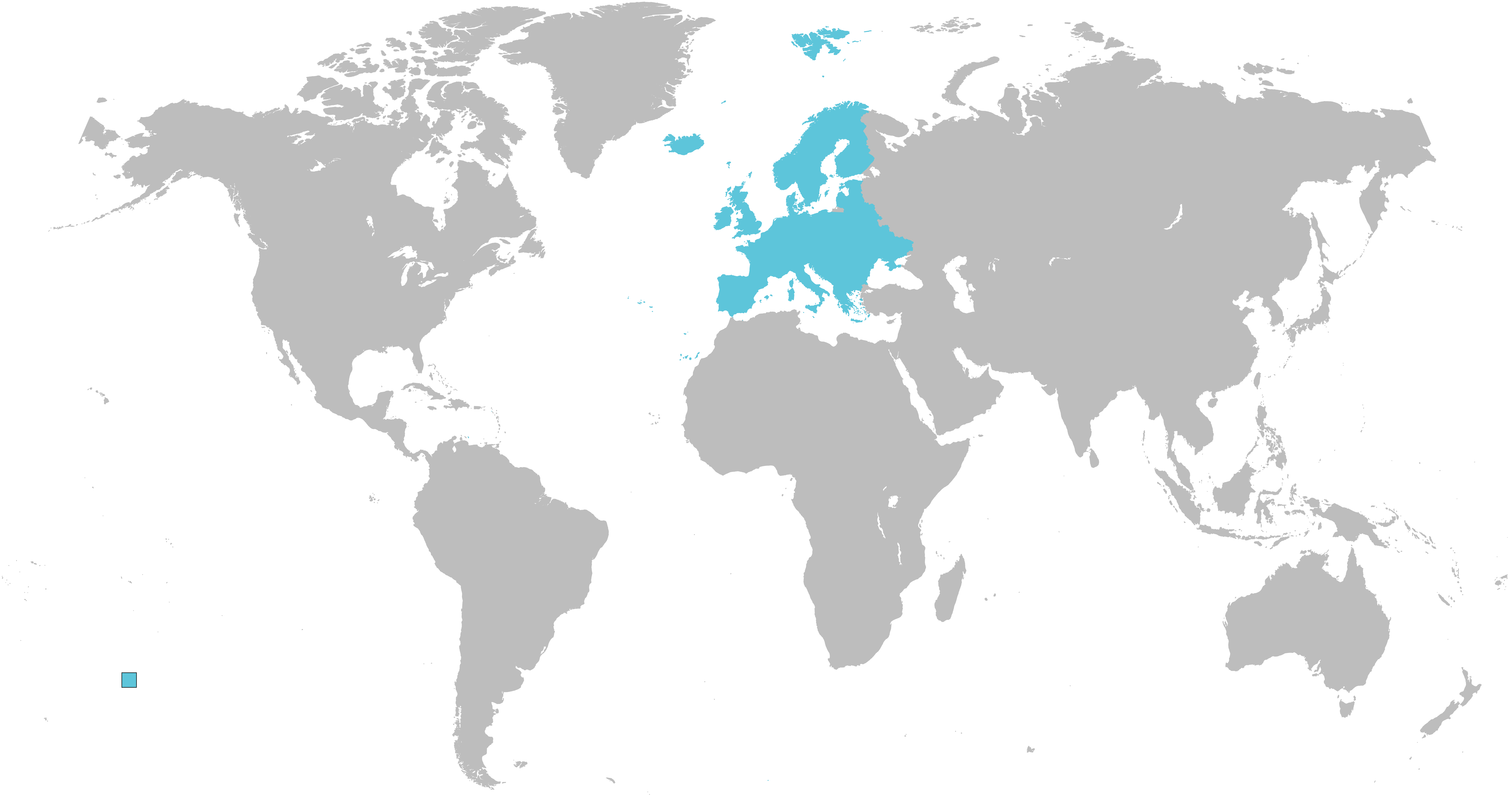
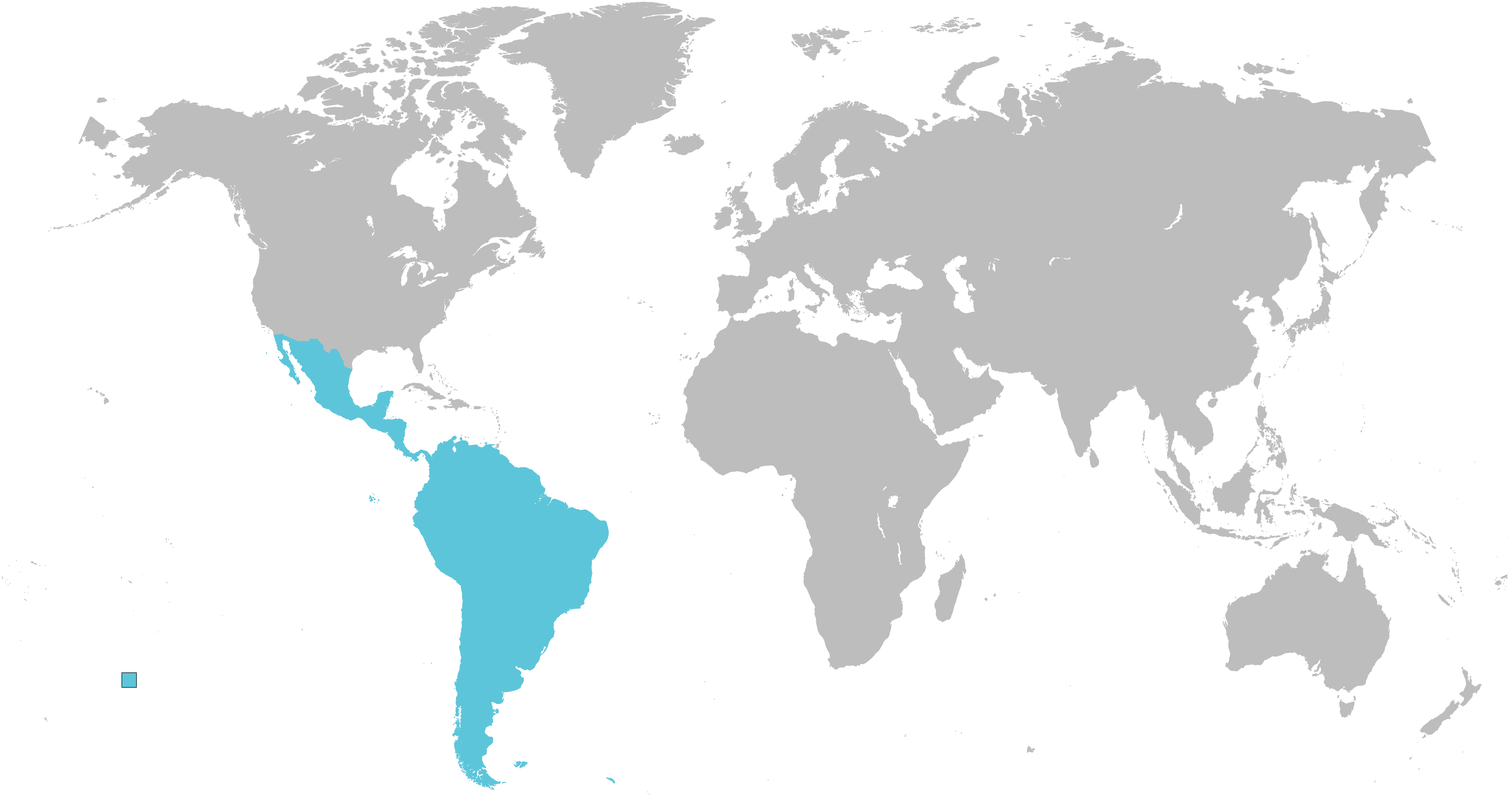
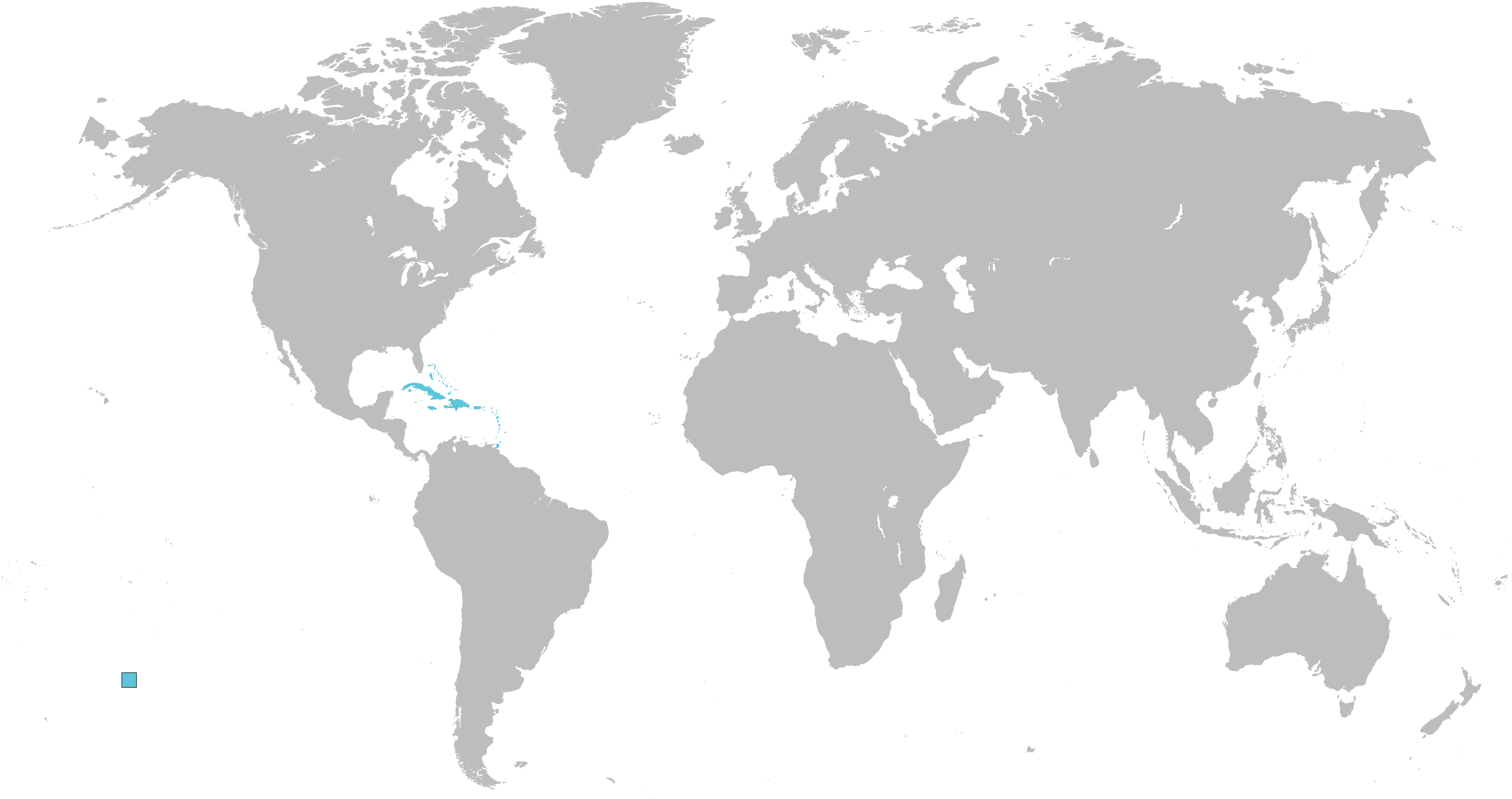
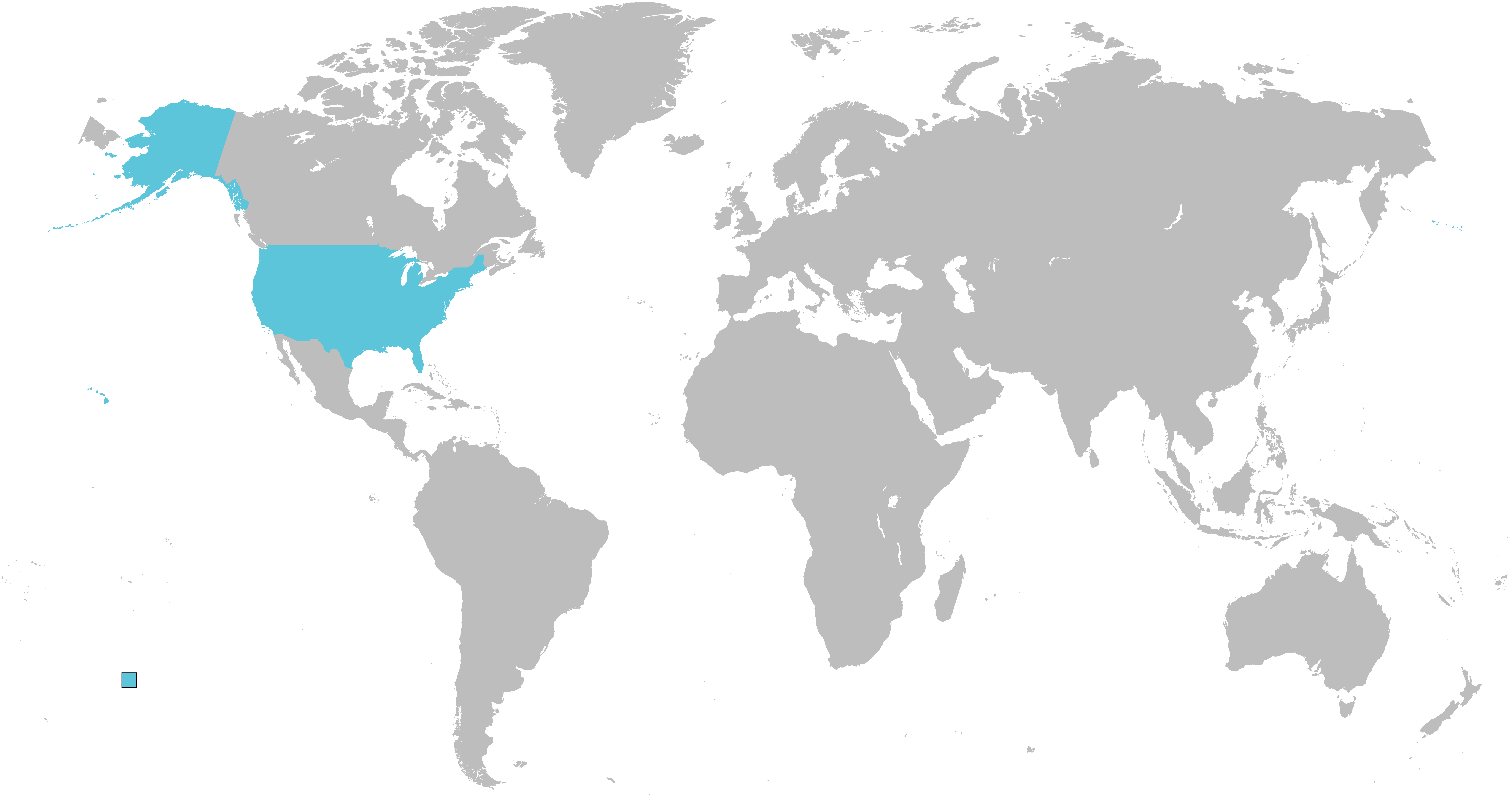
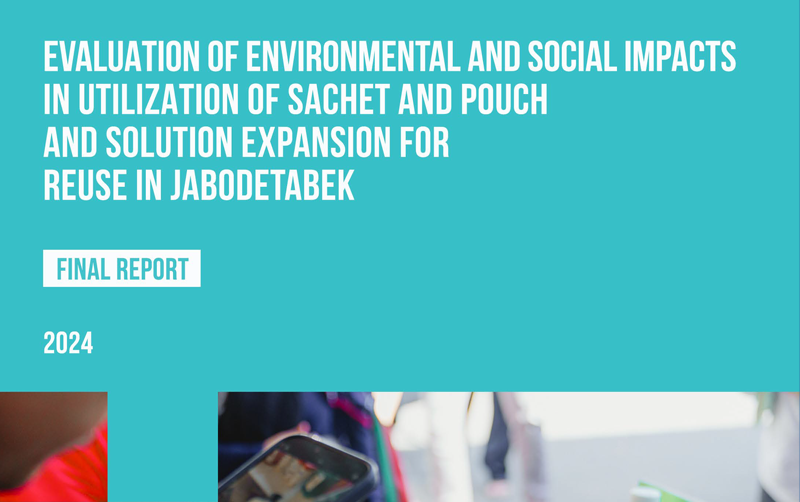
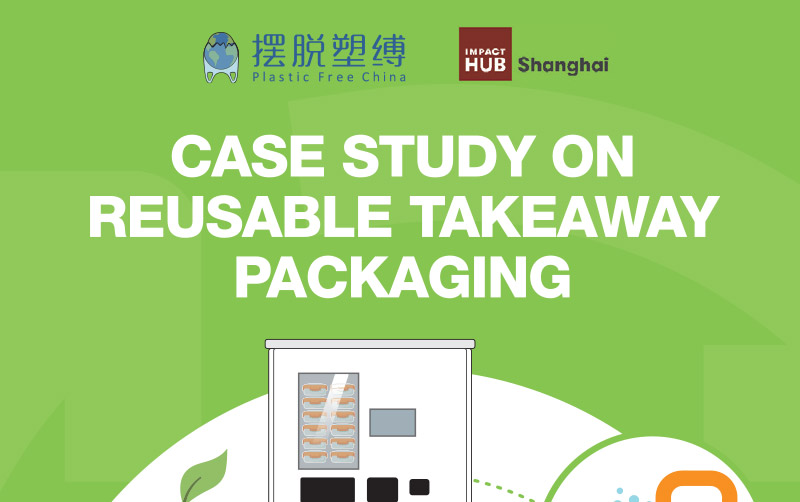
In 2023, Plastic Free China collaborated with Impact Hub Shanghai and Plastir to release the "Case Study on Reusable Takeaway Packaging." This report analyzes ten global examples of reusable packaging in the takeaway and catering industry, with a focus on four particular cases.

About 44% of plastic produced is for single-use plastic packaging: plastic that is used once and then disposed of, isn't this absurd?, companies can provide reuse solutions! With thanks to the team at Pabrika.
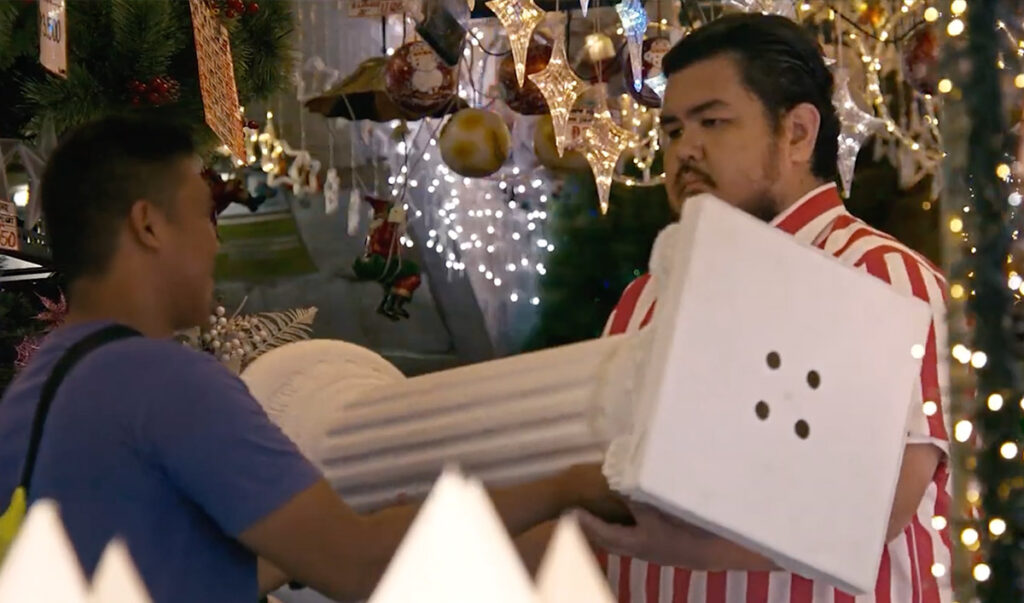
Are we disposable? With thanks to the team at Pabrika.
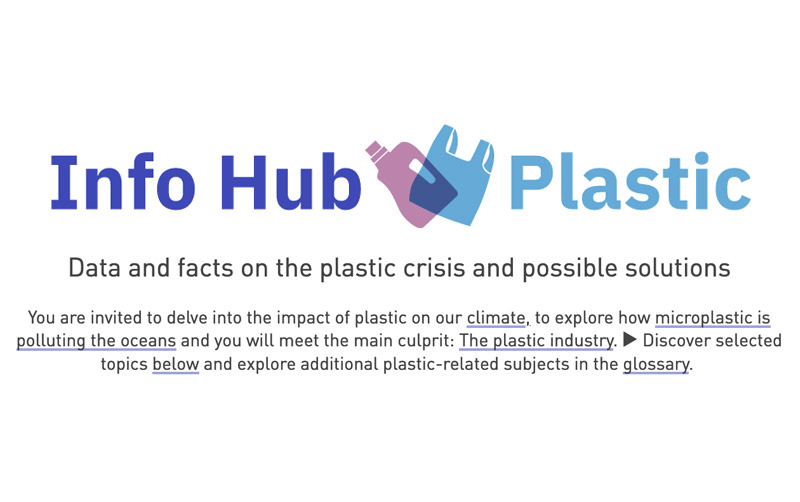
Our curated information hub provides well-researched publications, websites, and media on various aspects of the plastic crisis. In this ongoing project, we collect data and facts for political activists, campaigners & educators, initiatives & organisations, as well as networks & individuals who are engaged in the fight against the global plastic flood.
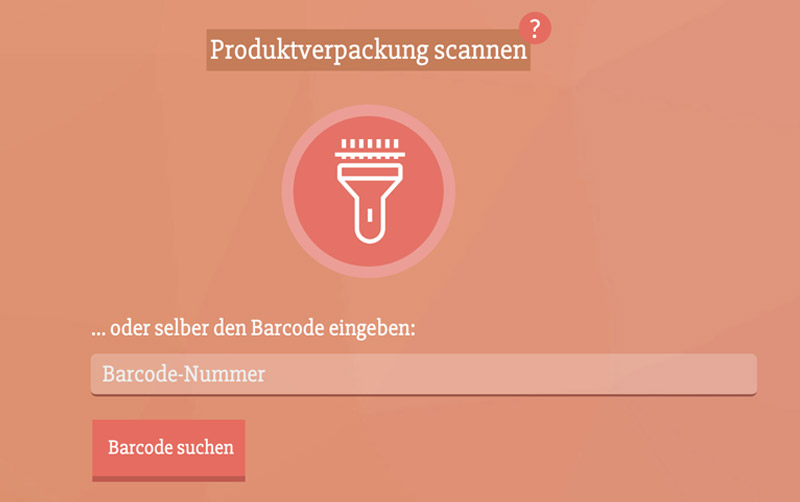
Consumers can use the app to scan the barcode (EAN) of a product for which they would like reusable packaging. The association Küste gegen Plastik collects this feedback and sends it in a bundle to the companies. The app also contains positive examples of a wide range of products for which reusable solutions are already available. Consumers can send a message to the retail chains for these products, indicating that they would like to see these products in reusable packaging in the retail chain's range.
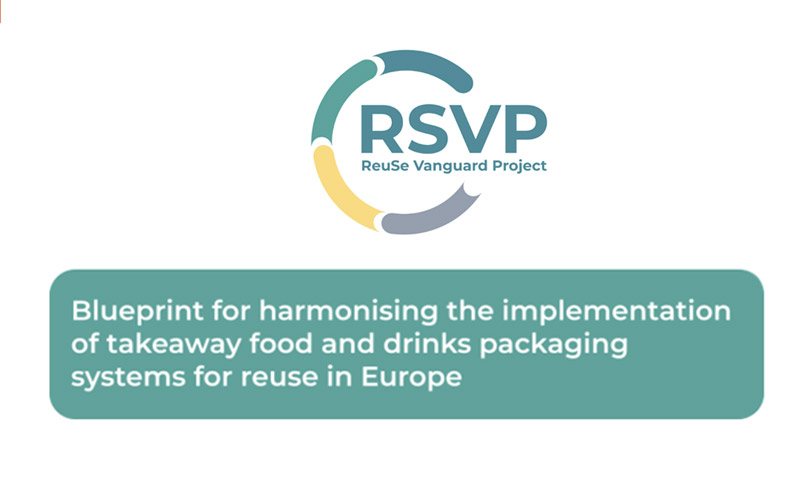
This blueprint aims to support and harmonise the creation of a well-performing and resilient reuse infrastructure development model in urban areas across Europe; and its scaling up in the next few years, starting with the key sector of reusable take-away food and drinks packaging. This sector has experienced an unprecedented rate of dynamism and innovation over the last few years and can be instrumental in setting up urban infrastructure which could later be used by other product and packaging categories.
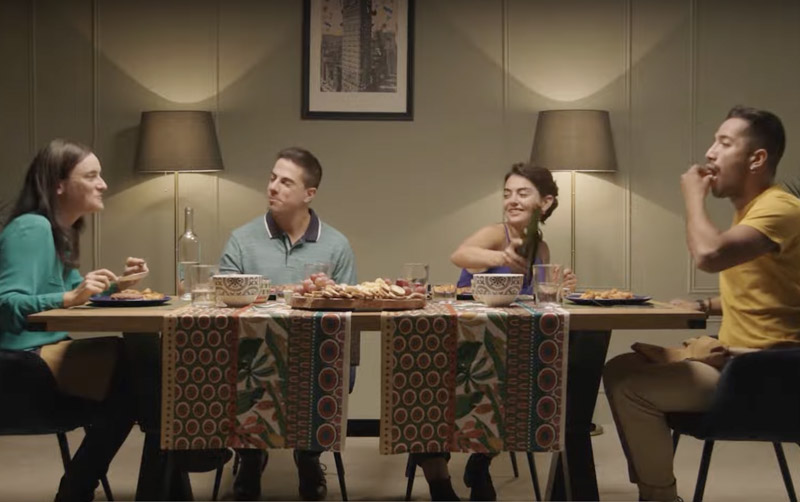
Would you throw away the dishes every time you use them?
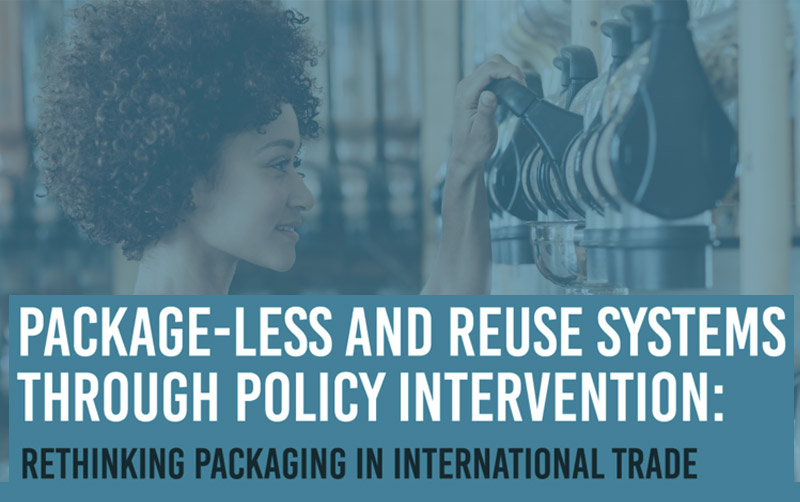
To spark innovative thinking and valuable discussions on this topic, QUNO has is delighted to present its latest report, which contains a focused analysis of the state of play of the packaging-free retail sector in Latin America, examining policy barriers (in the role of services) affecting the wider uptake of the packaging-free retail models in the region.
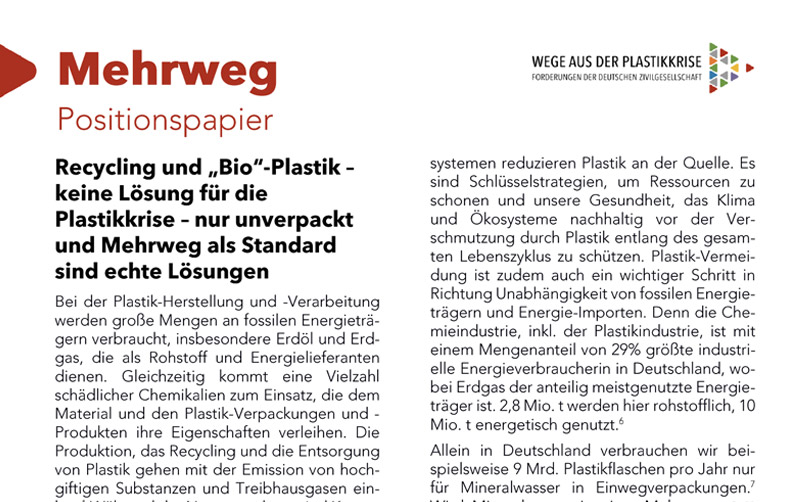
Plastic waste in the sea has reached dramatic proportions. Every packaging and every piece of plastic that ends up in the environment can last for centuries.

